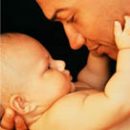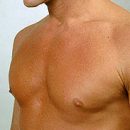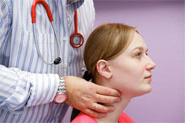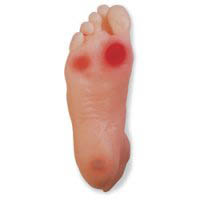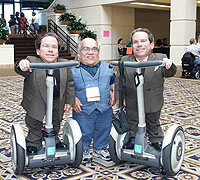What is age-related hypogonadism? How to diagnose and treatment of age hypogonadism? Answers to these questions you will find in the article.
Content
What is age-related hypogonadism
Testosterone failure (hypogonadism) - a pathological condition due to the insufficiency of the formation of sex hormones or violation of their action. This pathology in men includes states caused by innate or acquired pathologies of the actual testicles that regulates their function by the hypothalamic-pituitary system, insufficient production of androgens during the intrauterine development of the fetus, as well as the states that arose as a result of a gradual decrease in the level of genital hormones associated with age Men - the so-called age hypogonadism.
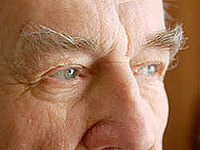
Age Hypogonadism, by definition of an international society to study the problems of older men, is a symptom complex arising from men in adulthood and characterized by the insufficiency of androgens in serum, accompanied by or non-loss of the body's sensitivity to androgen, which can lead to a significant decrease in the quality of life and adversely affect On the functions of many organism systems. In determination itself, the interdisciplinaryity of this problem is emphasized.
Who and how should conduct patients with androgenerate and should replacement hormonal therapy for men apply routine, or must be reserved for special clinical cases?
A specialized service should appear, which would unite specialists from different parties to solve such a difficult and very delicate question, which is age-related hypogonadism. There is a female consultation - doctors and patients have been accustomed to this. It's time to work on creating the Institute of Men's Consultations.
Age Hypogonadism is a urological problem, and endocrinological, and therapeutic and psychological, too. From the doctor, versatile knowledge is required to treat such patients. For example, a decrease in testosterone levels are directly related to the occurrence and development of cardiovascular diseases. Ischemic disease below the belt is erectile dysfunction. 57% of men who have undergone aorto-coronary shunting was first observed erectile dysfunction.
Hospitalized myocardial infarction this figure is even higher - 64%. It is known that most often erectile dysfunction is associated with vascular pathology. Thus, impotence can be an indicator of system atherosclerosis, as well as early signal of increased risk of myocardial infarction and stroke.
Thus, the testimony for the treatment of age hypogonadism: improvement of sexual function, libido, erection, metabolic correction.
Criteria for the effectiveness of the treatment of an age deficit of androgens:
- raising libido, sexual activity;
- Reducing or disappearance of vegetative-vascular symptoms;
- increasing the density of bone tissue, a decrease in visceral obesity, the increase in muscle mass (with the duration of treatment for more than a year);
- Laboratory parameters (increase in hemoglobin, red blood cells, decrease in cholesterol, etc.);
- Improving the quality of life.
The emergence of new, cleaner testosterone preparations of prolonged action, opens up new opportunities in the treatment of age-related hypogonadism. Testosterone replacement hormone therapy favorably affects the sexual function of older men and prostate gland. Moreover, a series of studies found that the low level of testosterone in the blood is associated with a more malignant course of prostate cancer and the worst effect of therapy.

